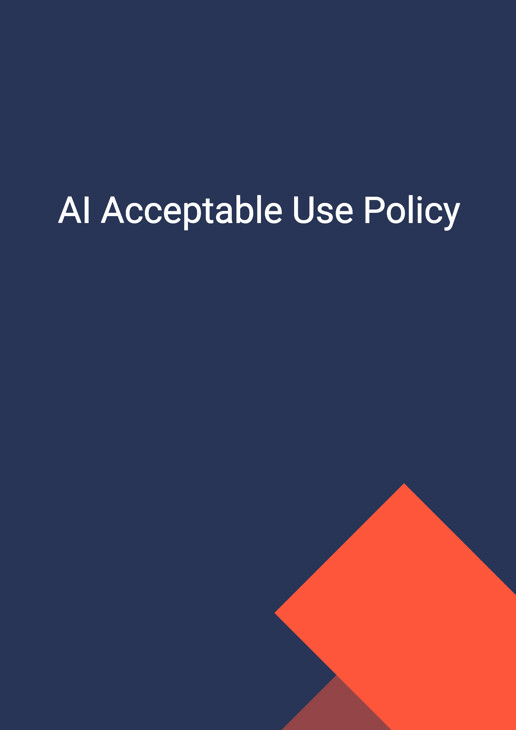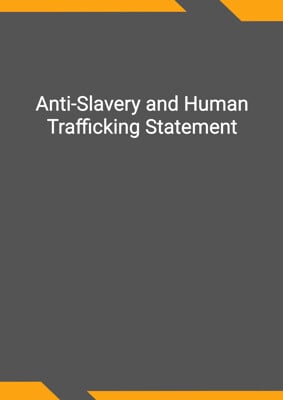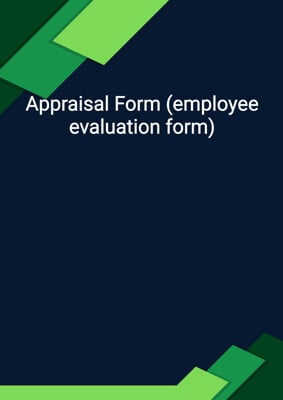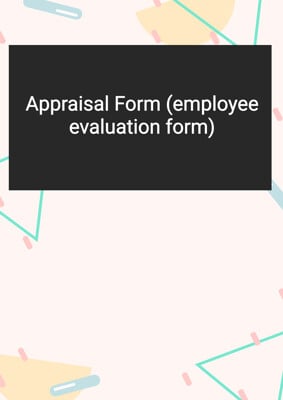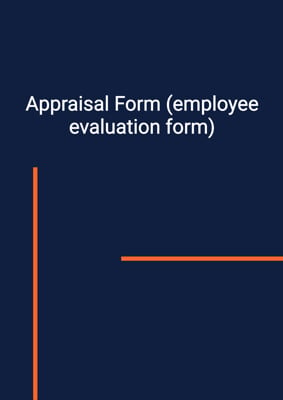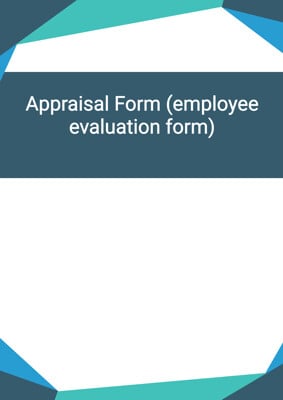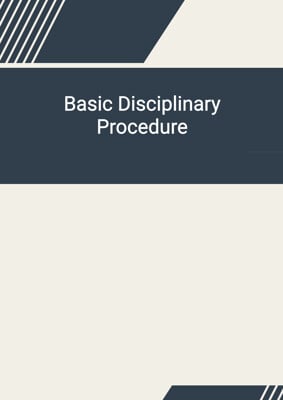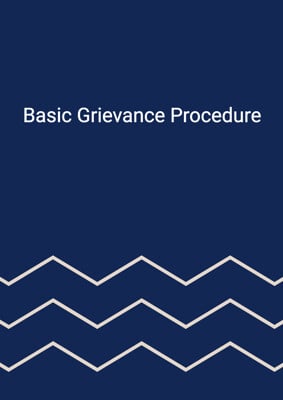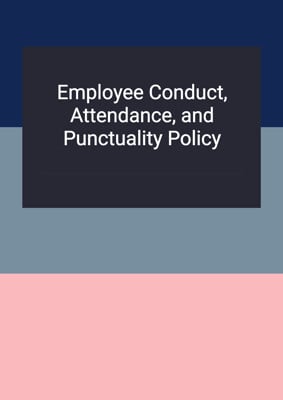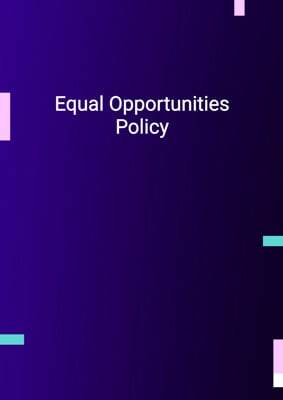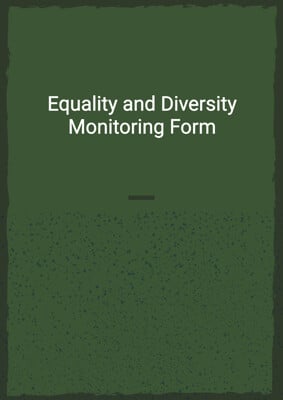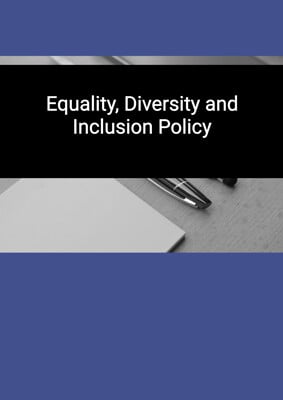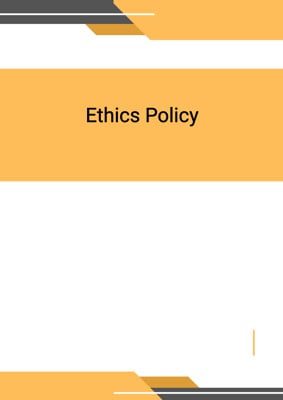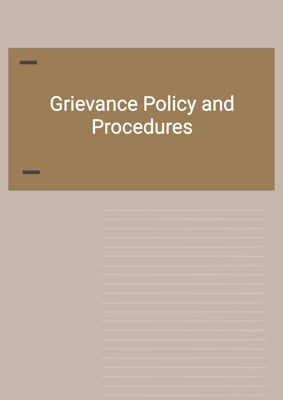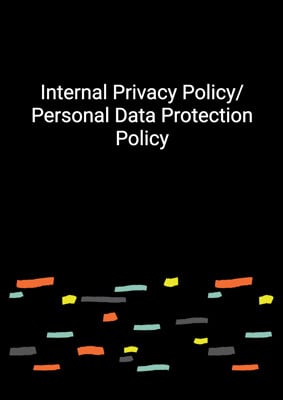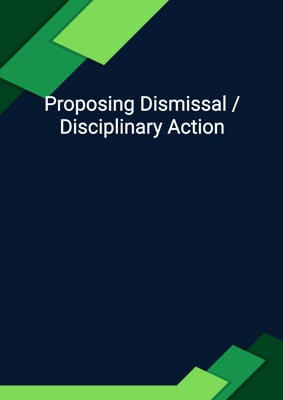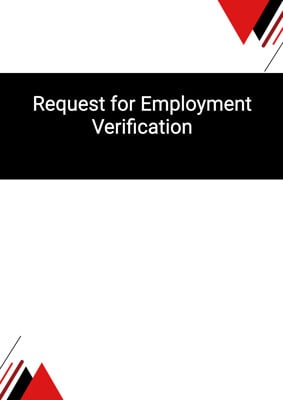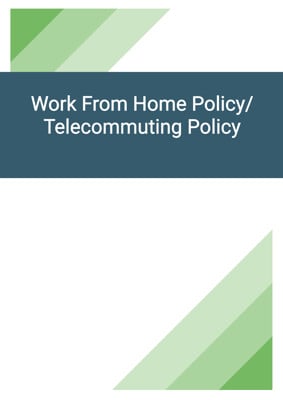How to Tailor the Document for Your Need?
01
Create Document
Click "Create Document" button and the document will be prepared with your account details automatically filled in.
02
Fill Information
Please fill in any additional information by following the step-by-step guide on the left hand side of the preview document and click the "Next" button.
03
Get Document
When you are done, click the "Get Document" button and you can download the document in Word or PDF format.
04
Review Document
Please review the document carefully and make any final modifications to ensure that the details are correct before publication / distribution.
Document Preview
Document Description
An AI Acceptable Use Policy is a framework established by an organization to guide and regulate the use of Artificial Intelligence (AI) tools and technologies within the workplace. The primary goal of this policy is to ensure that AI is used in a manner that aligns with legal, ethical, and organizational standards, while minimizing risks to the company, its clients, and other stakeholders.
An AI Employee Use policy outlines the specific ways AI technologies can and cannot be used, including restrictions, responsibilities, and guidelines for employees. This ensures that AI applications do not compromise confidentiality, violate privacy, breach contractual obligations, or introduce cybersecurity risks. As AI tools increasingly become integrated into business processes, having a clear and enforceable policy becomes essential to mitigate legal, operational, and reputational risks. Download and use this AI acceptable use policy generator for your company.
Key components of an Generative AI Acceptable Use Policy template:
-
Confidentiality and Data Protection:
The Generative AI Acceptable Use Policy template emphasizes the importance of safeguarding sensitive information, including proprietary data, client details, and any personal data. Employees are prohibited from inputting confidential or sensitive information into AI tools unless those tools have robust confidentiality and data protection mechanisms in place. This helps prevent accidental breaches of confidentiality or violations of privacy laws. -
Compliance with Contracts and Legal Obligations:
Generative AI tools must be used in compliance with any existing agreements, such as vendor contracts or business partnerships. Inputting third-party data into AI systems must adhere to the specific terms and conditions set forth in those agreements, to avoid inadvertent breaches of contract. -
Cybersecurity and Risk Mitigation:
The Generative AI Acceptable Use Policy template stresses that AI-generated outputs, especially in the form of code, must undergo rigorous security reviews. Any potential vulnerabilities or errors must be identified before they are integrated into the organization’s systems, to prevent introducing cybersecurity risks. -
AI acceptable use policy examples
The AI acceptable use policy template outlines ethical standards that employees must follow when using AI tools. The AI acceptable use policy examples include: Generating ideas and brainstorming, Creating outlines or research summaries, Drafting informal communication (e.g., internal emails) etc. The template provides you the flexiblility to include more AI acceptable use policy examples that suit your company requirments.
How to Use the Document?
-
Customize to Fit Organizational Needs:
Tailor the AI Acceptable Use Policy template to reflect your company’s specific requirements, legal obligations, and risk management practices. Ensure that it aligns with the company’s overall data protection, confidentiality, and cybersecurity policies. -
Distribute and Train Employees:
Ensure that all employees who use AI tools within the organization receive a copy of the finalized AI Acceptable Use Policy. Provide training to help them understand the policy's guidelines, emphasizing the importance of compliance and risk mitigation. -
Implement Regular Audits and Updates:
Establish a process for auditing AI usage regularly. Ensure that the policy is updated periodically to address new developments in AI technology, regulatory changes, or identified risks. Review AI tool usage to ensure compliance with the established policy. -
Enforce Compliance and Address Violations:
Set clear procedures for addressing violations of the policy. This includes documenting instances of non-compliance, investigating concerns, and implementing corrective actions as necessary. Ensure there are consequences for failing to adhere to the policy, while offering guidance and support to employees as needed.
By following these instructions, the company can ensure effective implementation, monitoring, and enforcement of its AI Acceptable Use Policy. Use this legaldoc online to ensure AI use by employees in your company is ethical and in compliance with applicable laws.
Not the right document?
Don’t worry, we have thousands of documents for you to choose from:
